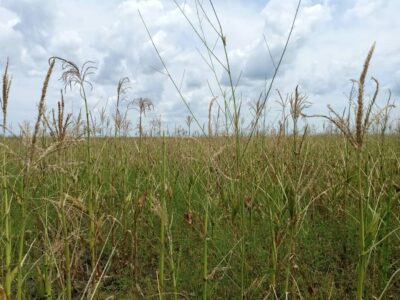The government has been urged to prepare adequately for the anticipated above-average rainfall during the 2024/2025 rainy seasons, which is likely to cause flooding.
Solomon Mwampikita, a Climate Change and Environment Researcher at the Centre for Trade Policy and Development (CTPD), warned that the transition from El Niño to La Niña could bring challenges such as flooding and increased risks of waterborne diseases.
In a statement issued on Thursday, Mwampikita highlighted that while increased rainfall could benefit hydroelectricity production and agriculture, it also necessitates proactive measures to address potential issues like flooding, landslides and diseases such as cholera.
“The heavy rains of early 2023, which affected over 154,000 people across nine provinces, remind us of the risks associated with excessive rainfall. Flooding has persisted due to inadequate infrastructure, which exacerbates the impact,” he said.
Mwampikita called for investments in advanced technology and human resources to improve weather forecasting accuracy and timeliness. He emphasized that such investments are crucial for effective early warnings and community preparedness.
Additionally, Mwampikita urged the government to prioritize the construction and maintenance of essential infrastructure, including drainage systems, dams and bridges, to manage heavy rainfall and mitigate flooding in vulnerable areas.
“The lack of proper drainage systems and bridges in many underdeveloped communities often leads to pluvial flooding during heavy rains. Despite this issue being longstanding, government efforts have not adequately addressed the core problems, leading to recurring complaints,” he added.
WARNING! All rights reserved. This material, and other digital content on this website, may not be reproduced, published, broadcast, rewritten or redistributed in whole or in part without prior express permission from ZAMBIA MONITOR.












Comments